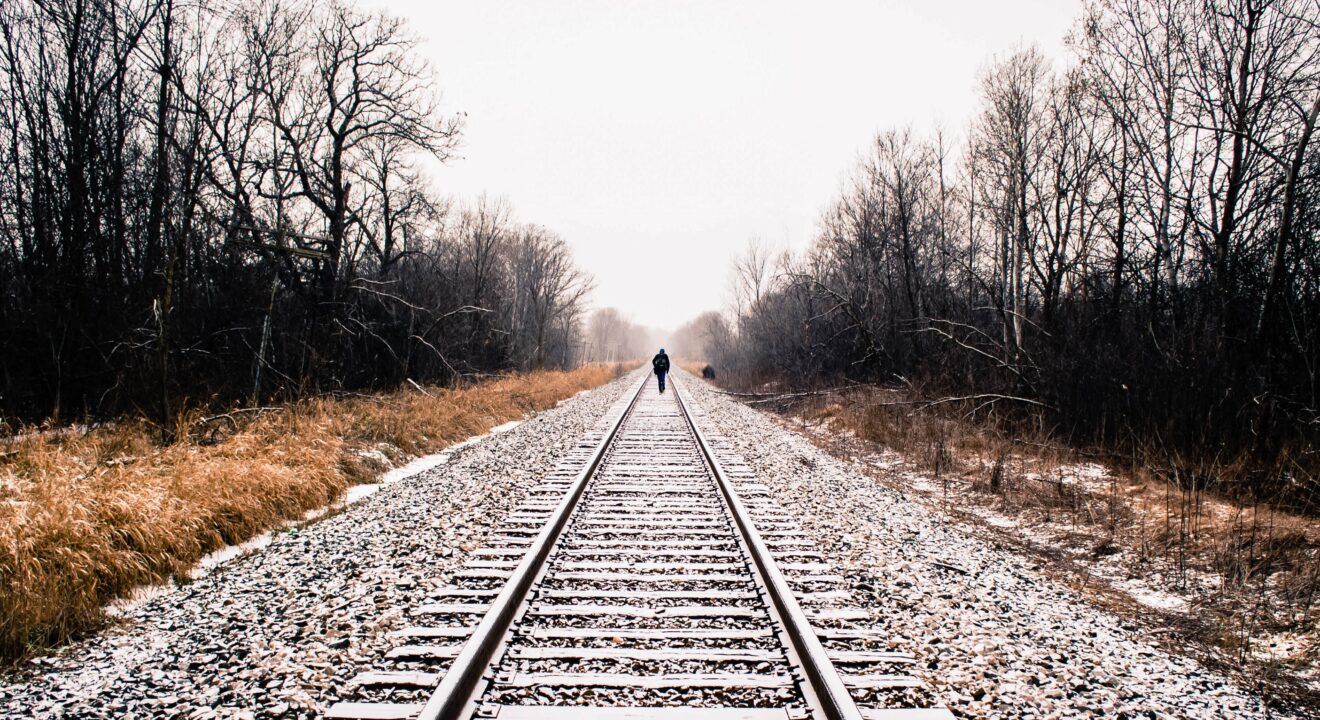Culture March 1, 2022
This piece is part of the 2022 "Stories Matter" collection.


With all pain, there’s growth. It shapes you.
Currently retired, spending the winter in Dallas, Markie Cowley Rank reflects on her early years. From a child in a busy house of twelve, where money was always tight, to the chief operating officer at Mission Hospital in Southern California, Markie is a compelling and admirable woman.
Born November 17, 1950 in Havana, Marguerita Cowley leads a life informed by her Cuban immigrant experience.
She picked up on the third ring. A steaming cup of tea and speakerphone on my end was worlds away from her, bundled up, midmorning in her recently snowed-in Texas home. As I spoke with Markie, her storytelling illustrated a youth of perseverance.
You spent half your childhood in Havana. How do you remember it?
I was only in Cuba until I was almost 10. My parents were born there, though my mother’s family was from the northwestern end of Spain. My father’s side was English, hence my maiden name: Cowley. My folks were professionals, my father being a psychiatrist, and my mother running her own pharmacy.
When the revolution began, we were just kids. We went to private schools. We were pretty sheltered from the exposure of political uprisings. When Castro took over, he was widely celebrated. Little by little, though, he turned.
We left in 1960. My mother pushed, day after day, to get us visas; for over a year, she stood in line at the immigration office with hundreds of people until the permit came.
Your first steps in Miami—crossing that threshold into a new world—how was that?
The airport in Cuba was a zoo, militia and guards scattered all over. As a kid, though, I didn’t have so much fear; I thought of it as an adventure.
My mother made little wool suits for my sister and me because we were traveling north. To Florida. Of course, we didn’t need them.
We arrived with one suitcase and $5 each. My mother had sewn jewelry into the lining of our coats. Even so, we didn’t have a surplus of money. My father began looking for work immediately.
We were in Florida from November to January before moving to Texas. Two days after we arrived, there was a huge snowstorm. It was the first time we had seen snow. We didn’t have proper clothing. At the time, we were living in the equivalent of an administration building with two connecting bedrooms and a bathroom. No kitchen. It was so cold we put our food and milk outside the window. Until it froze.
To think my mother knew chemistry and didn’t know milk would freeze.
In the meantime, my parents went back to school. My father went to New York one semester and Washington for another to renew his practice. My mother got a master’s in education and taught Spanish for twenty years at a community college.
As we assimilated, I understood more English but still wasn’t comfortable speaking. My fifth-grade homeroom teacher took pleasure in ridiculing my accent. He’d make me stand up in front of the class to do the pledge of allegiance to pick fun.
So, I grew up in Terrell, a small town outside Dallas. I graduated from high school at 17. I went to college in the Midwest and did everything imaginable—protested the Vietnam war, almost flunked out of college, and was a little homesick.
You came from a country crumbling from political strife into another in the midst of a cultural and social revolution. What was it like to grow up in a small town in Texas in the 1960s?
I don’t think we could have been accepted the way we were. Terrell was your typical, prejudiced small town. We spoke Spanish and English. People didn’t know what to do with us.
The town had a railroad that ran through it. Right down Main Street. The south side of town was Black and the north side was White. They had their own schools. Water fountains too. I had never seen that before.
Do you consider your Cuban origins integral to your identity?
It shapes you. If you’re raised in that situation, there will never be enough money to throw away. We knew we were poor. My mother would buy saltine crackers and count how many each of us could have. We would get winter coats from charities and go to benefits for Christmas. But I never felt it. There was always a goal.
I don’t want to forget that part of me.
College was liberating. I came home my first summer and never returned. When I had the chance, I went as far away as I could. I was homesick but couldn’t admit it, because it was my choice. Education, it’s the way out of everything.
Maya Salem has been a camp counselor, prep cook, percussion tech, journalist, and fatigued college student. Now at the University of California, Santa Barbara, her storytelling is a growing craft she expresses across various mediums. Informed by musicality and performance, sisterhood, and cognitive psychology, her work is best described as interdisciplinary.